Climate change and social inequality are two of the most pressing challenges of our time.
Buildings and construction contribute 37% of global energy-related carbon emissions, and cities are often where people experience the greatest socio-economic inequalities and the most severe impacts of climate change. These are global issues: complex, systemic, and entangled, and both must be addressed. Ever-more frequent extreme weather events are disproportionately affecting vulnerable families in inadequate housing, and marginalised communities are losing their jobs when finite resources dry up. This fuels global instability and polarisation, with negative consequences for governments, businesses, people, and the planet.
Around the world, the past ten years have seen an increase in green policies and funding across all sectors. Global investment in the energy efficiency of buildings alone has reached US $285 billion in 2022, but climate action, like any other intervention, is not neutral. Efforts to address the climate crisis affect people differently depending on existing power structures, often rooted in historical, structural inequality.
This two-year research project by IHRB investigates the human rights impacts of built environment decarbonisation policies, such as renovation programmes, retrofit subsidies, or new energy-efficient buildings, focusing on the right to housing, construction worker rights, meaningful participation, and spatial justice.
The research is grounded in eight city case studies: Lagos (Nigeria), Prague (Czechia), Lisbon (Portugal), Melbourne (Australia), Copenhagen (Denmark), Jakarta (Indonesia), Athens (Greece), and Valparaíso (Chile). Investigating a diverse range of contexts uncovered how the dual global challenge of climate change and inequality is being tackled in different parts of the world, each with its own unique national, political, economic, and social context. The findings and recommendations for each city are available in dedicated reports available on the IHRB website.
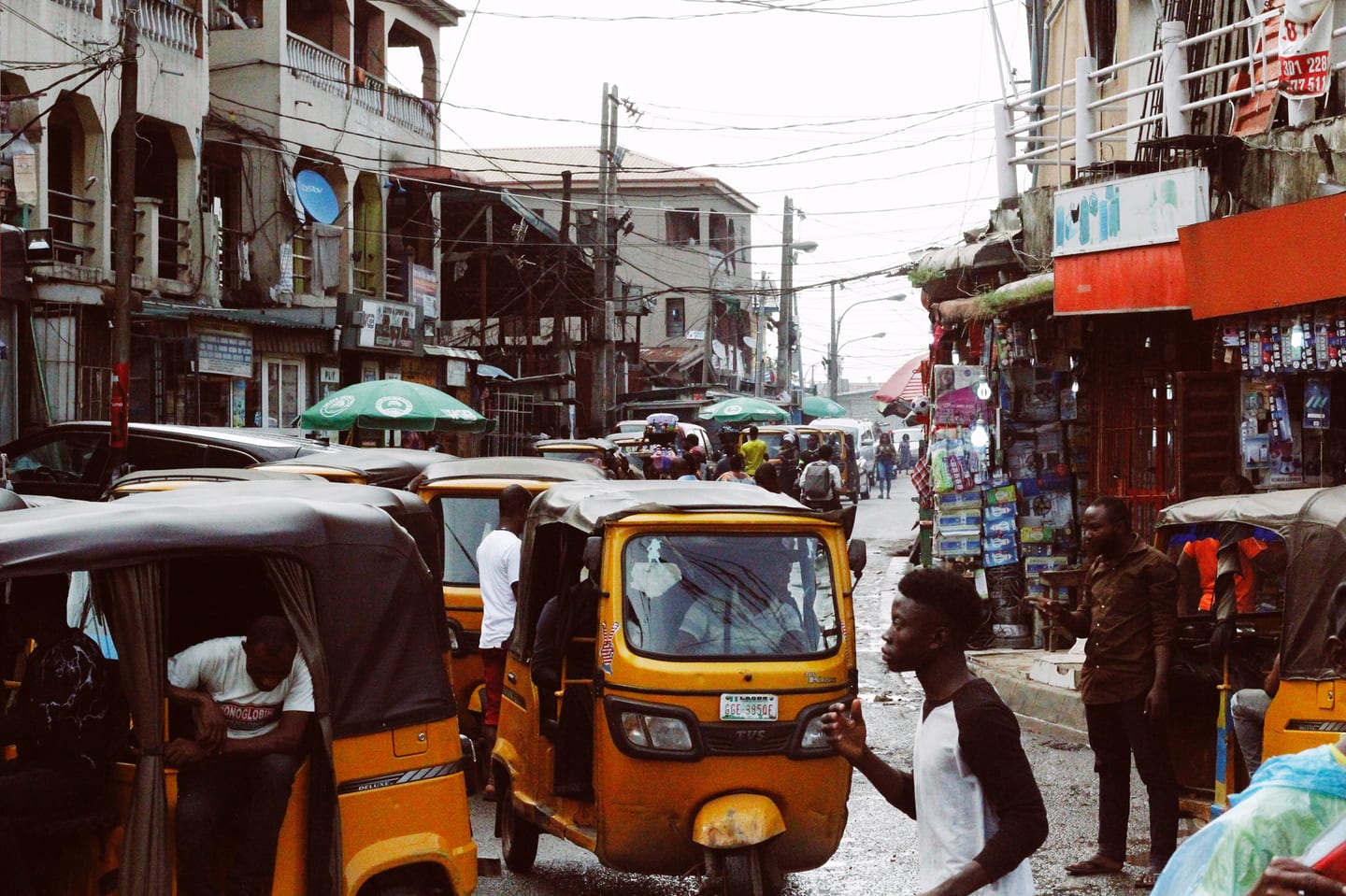
This study uncovered inspiring examples of governments, businesses, and other actors making homes greener and more affordable or working with marginalised communities to shape climate policies. However, it also uncovered worrying trends that must be addressed, such as renovations leading to evictions (renovictions) and green investment displacing communities (green gentrification).
Across the four European cities, communities that are being left behind are pushing back against green initiatives, including in Athens, where these are nascent. As a result, some policymakers are backtracking on their climate commitments, with disastrous consequences for the planet and for those same communities who are often at the frontlines of the climate crisis.
In Valparaiso, Jakarta, Athens, and Lagos, built environment decarbonisation policies are only beginning to translate into practice. Here, businesses and government leaders have a unique opportunity to learn from the experiences (and from the mistakes) of other cities and prioritise human rights principles when developing climate initiatives. An inclusive, participatory, and fair process helps legitimise shared goals, broaden support, and ultimately accelerate the transition.
Across all eight cities, there is a clear case for putting people first to unlock and accelerate climate action in the built environment.
The scale of the challenge requires systemic socio-economic transformations. To identify these, the project brought together representatives from governments, businesses, academia, NGOs, trade unions, tenants and other civil society organisations in each city to develop visions for a just transition. While each vision was unique, they all entailed a desire to respect human rights and the planet: two inseparable, mutually dependent outcomes. Decarbonisation does not conflict with reducing inequality; quite the contrary, the two can only be done in tandem.
Equity and decarbonisation are not mutually exclusive, but mutually reinforcing processes
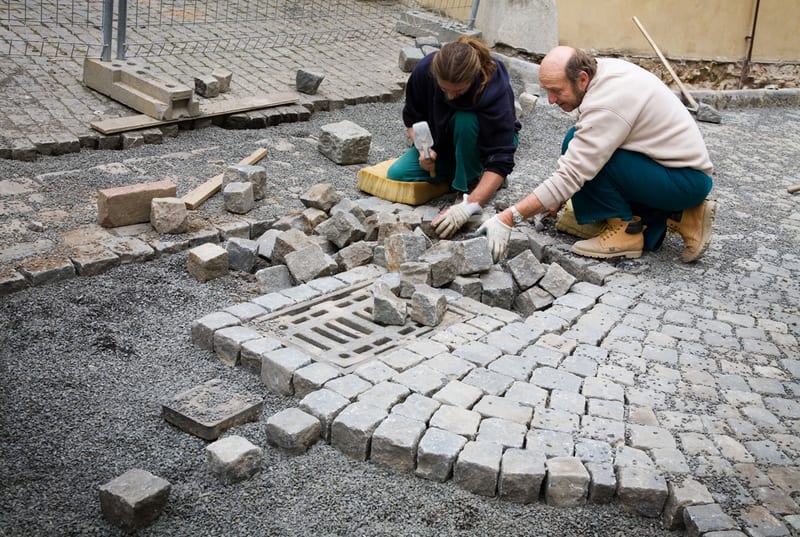
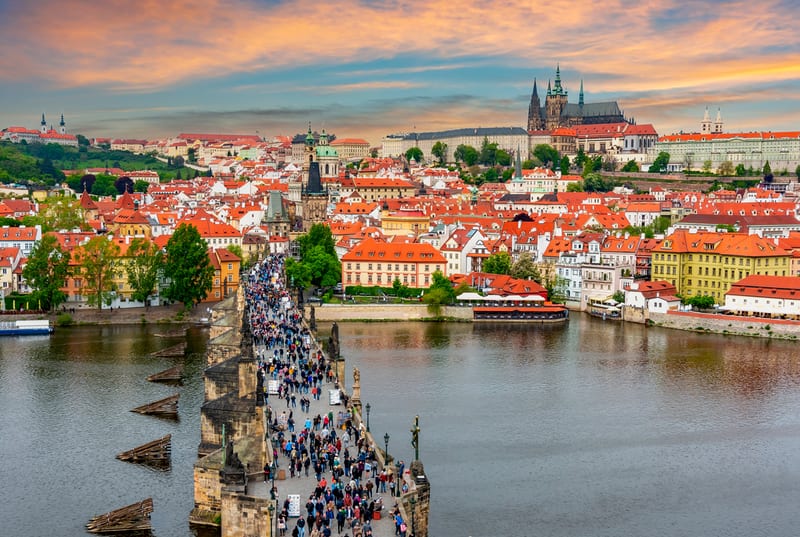
Recommendations include:
Context-specific investments which recognise the existing building stock, local needs, population projections and socio-demographic make-up;
Expanded participation of affected communities, including the meaningful engagement of workers in the development of just transition plans; and
Government and business collaborations to develop a mix of regulations and incentives that unlock the potential of private capital in a socially responsible way.
Three steering principles for governments and investors:
A true commitment to transitioning from linear, extractive models to circular, regenerative, inclusive and equitable ones;
Educate with objective information, empower with independent tools, and create spaces for the flourishing of committed leaders; and
Respect human rights in everyday practice.
Three collective endeavours for all seeking a more just and inclusive world:
Rescue the social function and social value of the built environment: a place of shelter, interaction and human flourishing;
Develop and communicate a new narrative grounded in human rights and in this social value; and
Adopt and mainstream alternative indicators to the GDP to measure human progress and prosperity as a function of environmental preservation and social justice.
Respecting people’s fundamental rights is the only way we can create the fair and sustainable societies we need for people and planet to flourish.
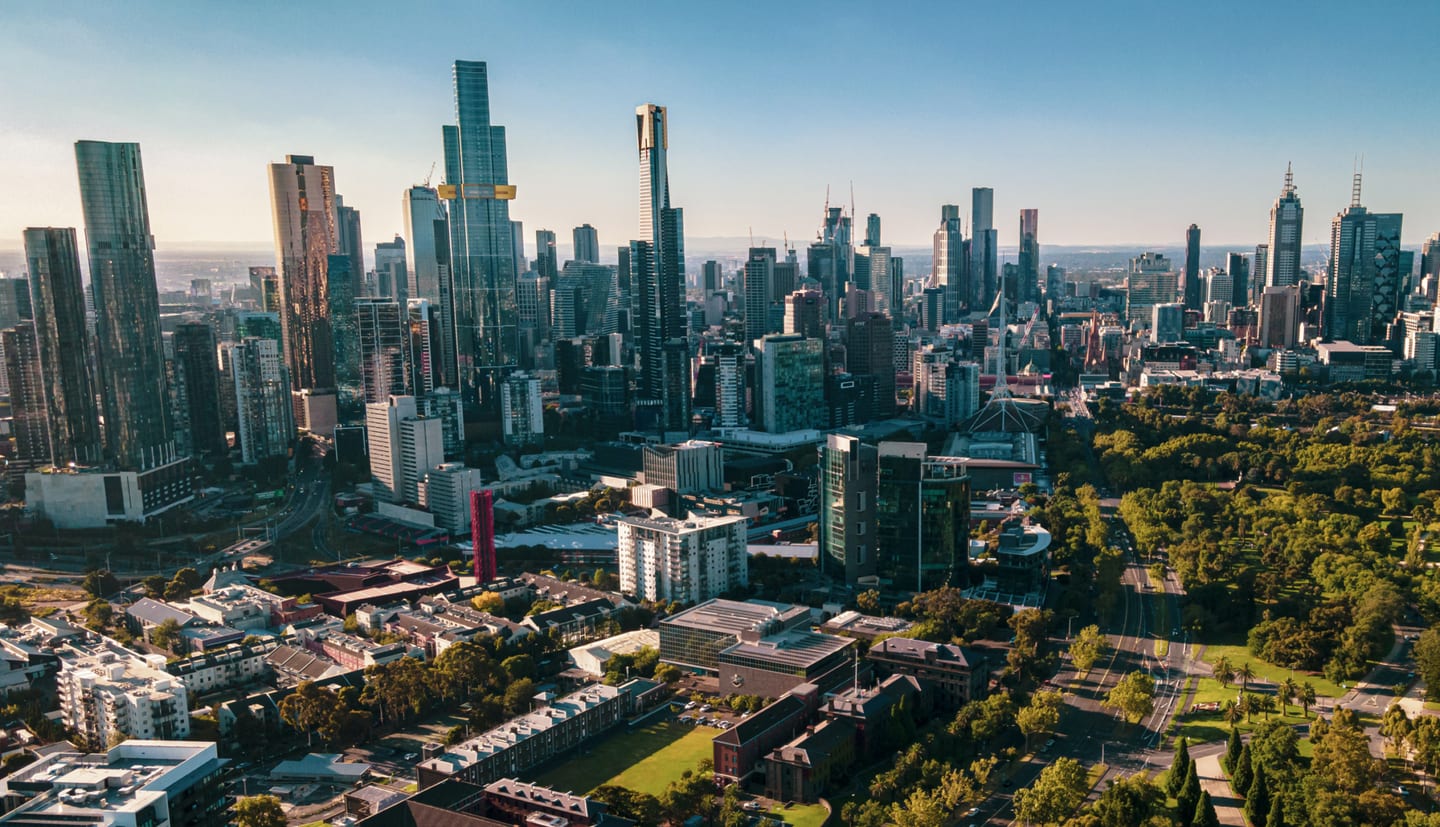
Endorsements

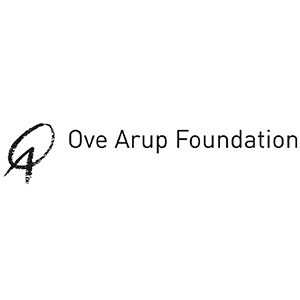
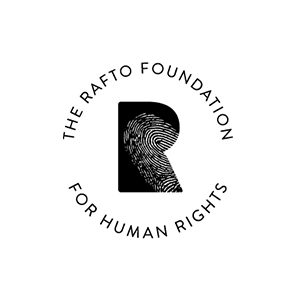
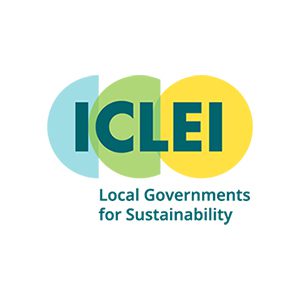

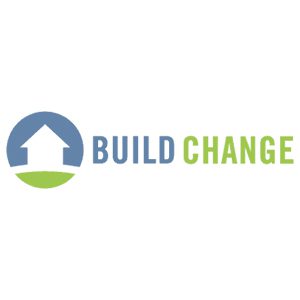

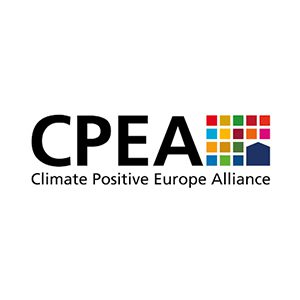



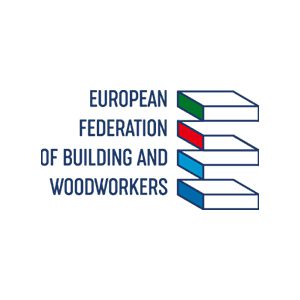

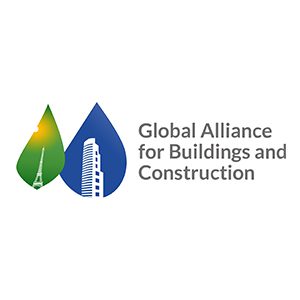
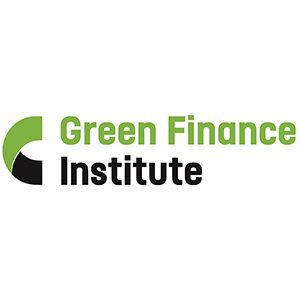
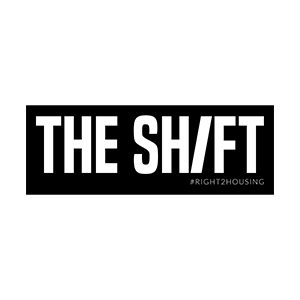
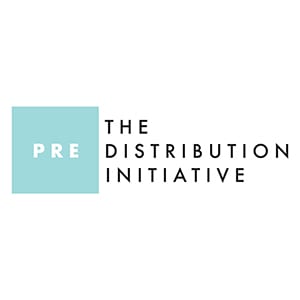
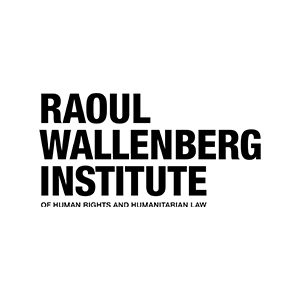


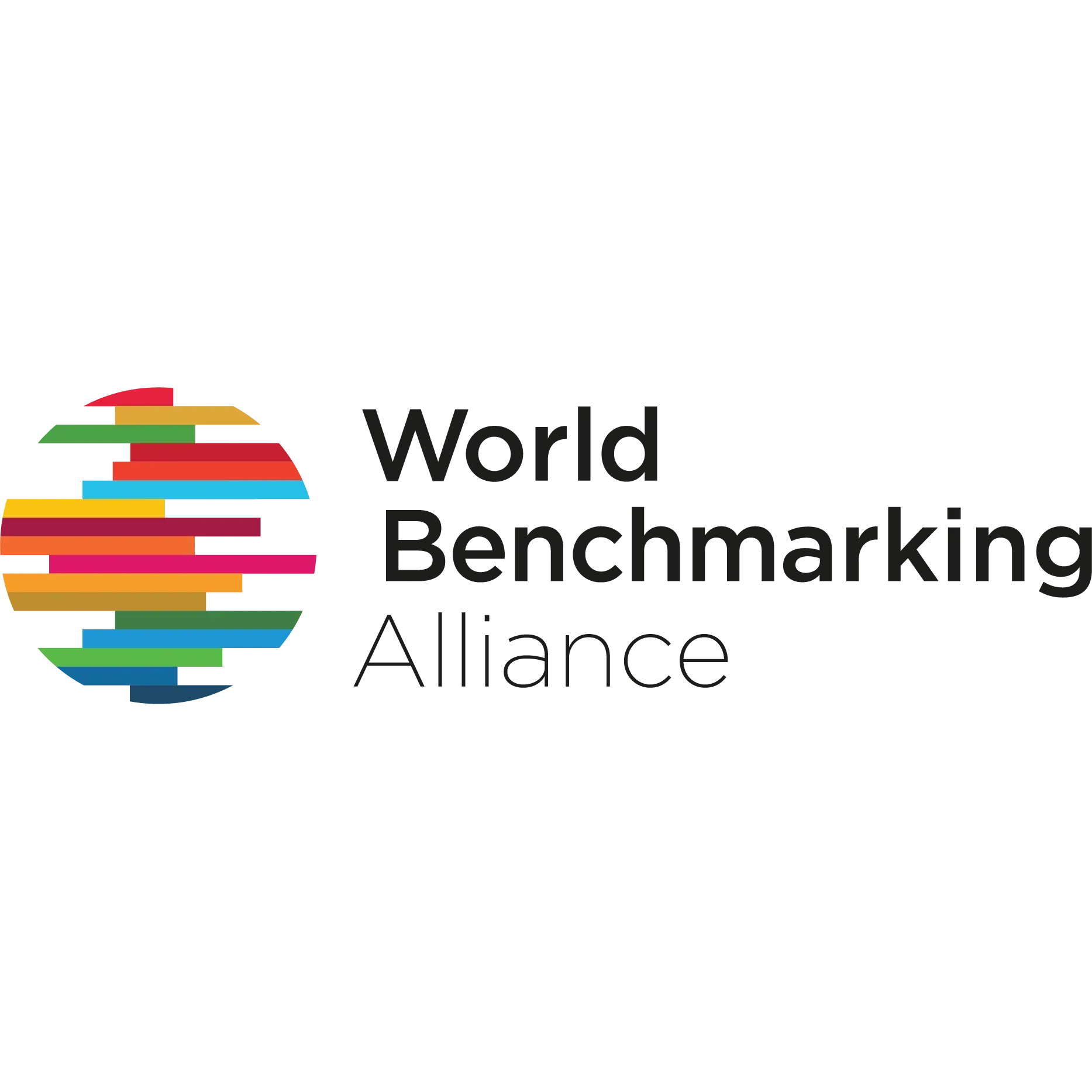
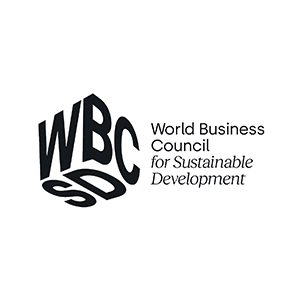
"The release of this report is timely as countries continue to strive towards a zero-emissions, efficient, and resilient buildings and construction sector that is inclusive of all communities, ensuring no one is left behind. The Institute of Human Rights and Business makes a valuable contribution by advancing the agenda for a just transition for the sector."
Gulnara Roll, Head, Global Alliance for Buildings and Construction (GlobalABC) Secretariat
"A vital study with varied geographic breadth contextualizing the challenges and opportunities to advancing an inclusive, equitable, regenerative and just transition in the built environment. A ‘win-win’ roadmap to prioritizing people’s rights when progressing environmental goals."
Roxana Slavcheva, Global Lead for Built Environment, World Resources Institute
"This report is a solid tool for championing workers’ rights and participation in the just transition. It reflects valuable insights from the ground and provides recommendations that trade unions can use to advocate for fair labour practices and equitable transformations in the built environment."
Ambet Yuson, General Secretary, BWI
Common security is a foundation for social inclusion which can be supported by liveable communities. This report’s recommendation that states the need to ‘rescue the social function and social value of the built environment’ is central to both equity and sustainability. And where the ‘participation of affected communities, including the meaningful engagement of workers in the development of just transition plans’ is central to the design and retrofit required for decarbonisation then social license with jobs and consequently greater social cohesion is possible. This report provides an invaluable blueprint for people and for sustainability.
Sharan Burrow, Former General Secretary of the International Trade Union Confederation
"It is clear that prioritising people is essential to unlocking and accelerating climate action in the built environment. Equity and decarbonisation can be mutually reinforcing processes if metropolises implement effective, inclusive, participatory, and fair strategies. Let’s accelerate a just transition together."
Jordi Vaquer, Secretary General, Metropolis
"This new report showcases that a just transition in the built environment is both a necessity and a booster for effective decarbonisation."
Irene Domínguez Pérez, Policy Advisor on Embodied Carbon, Bellona Europa
"This report provides inspiring examples of advancing social equity and human rights when greening our cities, a necessity to address climate change. But it also sheds light on the risks of overseeing poor working conditions in the construction sector or excluding the poor from the benefits of the green transition."
Elin Wrzoncki, Director of Human Rights, Business and Tech, Danish Institute for Human Rights
"IHRB’s Advancing Just Transitions in the Built Environment’ is a critical contribution to guide sustainable development efforts across three intersecting issues of global importance that had previously not been explored together: respect for human rights while combatting climate change, in the context of accelerated urbanization."
Livio Sarandrea, UNDP Global Business and Human Rights Adviser

